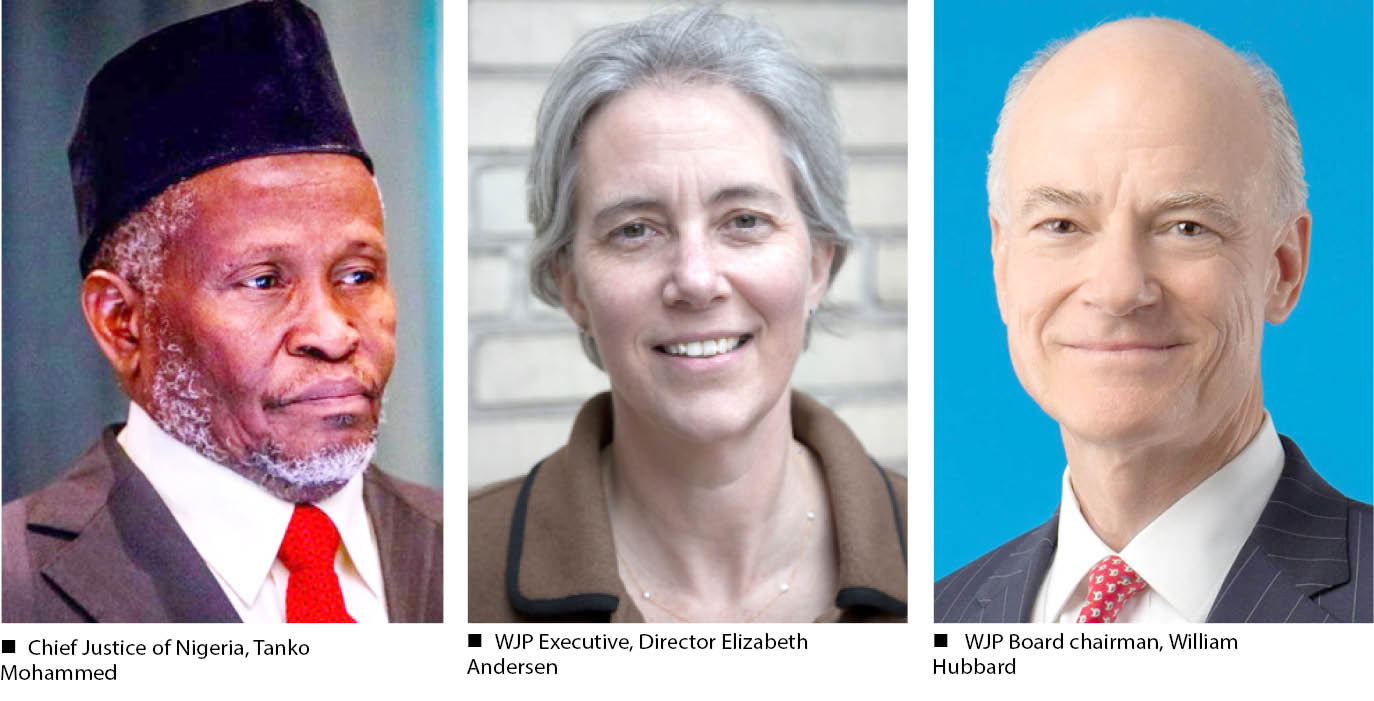Global forum seeks innovative ways to close justice gap
A global forum has recommended ‘outside the box’ approaches for countries willing to meet the United Nations Sustainable Development Goal (SDG) Agenda 2030 of accessible justice for all. The UN Goal 16 on building peaceful, just and inclusive societies includes a dedicated target on the rule of law and access to justice, which is to be […]

Global forum seeks innovative ways to close justice gap
A global forum has recommended ‘outside the box’ approaches for countries willing to meet the United Nations Sustainable Development Goal (SDG) Agenda 2030 of accessible justice for all.
The UN Goal 16 on building peaceful, just and inclusive societies includes a dedicated target on the rule of law and access to justice, which is to be considered an important accelerator of progress across the entire 2030 agenda, as it contributes to the achievement of poverty eradication (SDG 1), gender equality (SDG 5), decent work (SDG 8), reduced inequalities (SDG 10), among others.
But the World Justice Project (WJP), a global rule of law movement, in its Justice for All report revealed new data, in its ‘Measuring the Justice Gap’, through its Task Force on Justice “showing that 5.1 billion people have unmet justice needs globally.”
The forum observed that: “Access to justice is a fundamental component of rule of law, and the failure of justice systems to meet justice needs compounds inequality, erodes trust in institutions, and renders societies vulnerable to a populist backlash against core rule of law norms, as we see in too many parts of the world today.”
WJP said it used the biennial forum for shared learning, inspiration, and action “to strengthen our understanding of the justice gap, identify solutions, and motivate action for change, as revealed in this report’s several important themes.”
The last forum, which held in The Haque, Netherlands between April 29 and May 2, had in attendance: The Bingham Centre for the Rule of Law, The Hague Institute for Innovation of Law, the Ministry of Foreign Affairs of the Netherlands, the Open Society Justice Initiative, the Organization for Economic Co-operation and Development, and Pathfinders for Peaceful and Just and Inclusive Societies.
“Other attendees included “governmental and non-governmental actors, private sector leaders, and members of donor communities from over 70 countries and 300 organisations worldwide – all focused at realizing justice for all.”
In its 2019 report flowing from the discussions, the World Justice Forum maintained that a paradigm shift was needed as well as “creative, outside-the-box thinking as the order of the day.”
“For example, in sessions on justice tech and new financing mechanisms as well as those promoting medical-legal partnerships and rethinking traditional informal justice models to meet contemporary needs drawing on evidence and clear-eyed analysis of what works in meeting justice needs,” it said.
“WJP’s study of the justice gap is a sobering wake-up call about the magnitude of the justice problem, but it also highlights that we can and should measure progress on this fundamental SDG goal. We encourage UN member states to adopt an access to justice indicator in 2020 to measure and motivate change.”
The forum noted that focus should be placed on the quality of the outcomes and how best to ensure they are considered fair, appropriate, and legitimate by affected communities rather than on “access” and “process” as a people-centred approach to closing the justice gap.
WJP’s founder, William Neukom, Executive Director, Elizabeth Anderson, and board chairman William Hubbard declared the group’s commitment to building a worldwide community dedicated to realizing justice for all.
